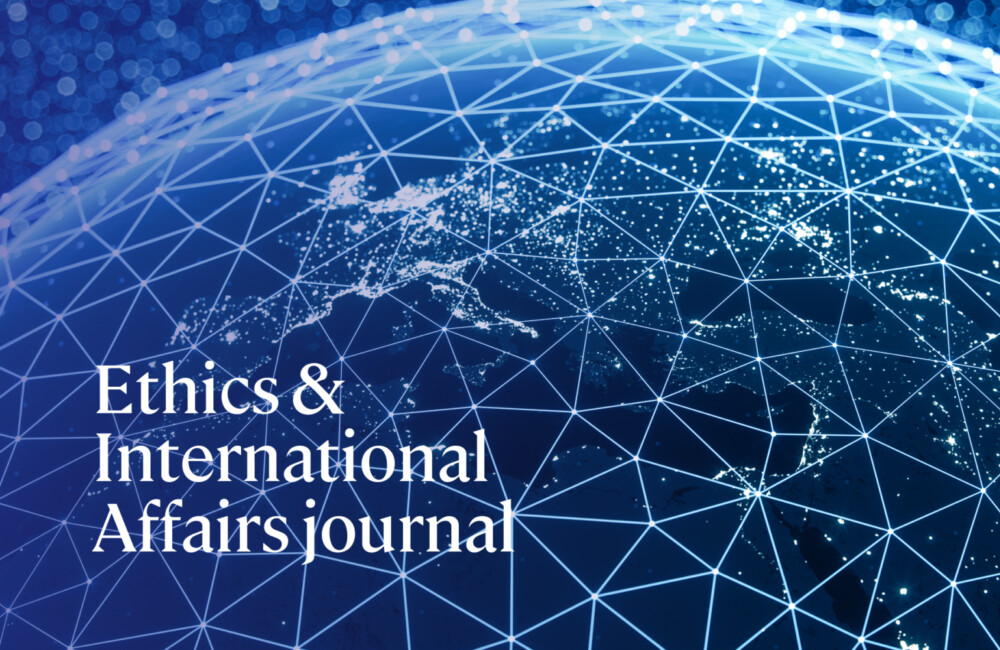Nonintervention has been a particularly important and occasionally disturbing principle for liberal scholars, such as John Stuart Mill and Michael Walzer, who share a commitment to basic and universal human rights. On the one hand, liberals have provided some of the strongest reasons to abide by a strict form of the nonintervention doctrine. It was only with the security of national borders that peoples could work out the capacity to govern themselves as free citizens. On the other hand, those very same principles of universal human dignity when applied in different contexts have provided justifications for overriding or disregarding the principle of nonintervention.
In explaining this dual logic I present an interpretive summary of Mill's famous argument against and for intervention, presented in his "A Few Words on Non-Intervention" (1859), that illustrates what makes Mill's "few words" both so attractive and alarming to us. We should be drawn to Mill's arguments because he is among the first to address the conundrums of modern intervention. The modern conscience tries simultaneously to adhere to three contradictory principles: first, the cosmopolitan, humanitarian commitment to assistance, irrespective of international borders; second, respect for the significance of communitarian, national self-determination; and, third, accommodation to the reality of international anarchy, which puts a premium on self-help national security. I stress, more than has been conventional, the consequentialist character of the ethics of both nonintervention and intervention.
Comparing Mill's "Non-Intervention" and Walzer's Just and Unjust Wars (1977) links two classic statements on just wars of intervention. I conclude that interventionist arguments should go beyond the three paradigmatic cases Walzer explores in Just and Unjust Wars. But while they can draw on Mill's "Non-Intervention," they need to offer a more convincing set of criteria for when such interventions are likely to do more good than harm.
To read or purchase this article, click here.


